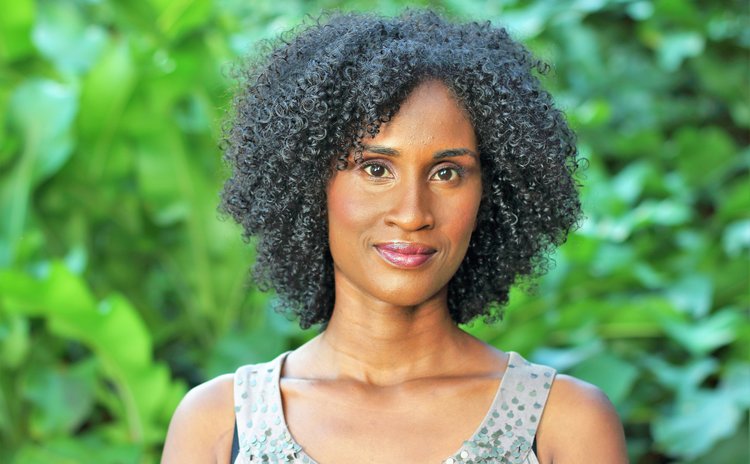Pathways to Sustainability
By Farah Theodore

Our current situation is like the undesired effects of a divorce from local ecology where the global economy is the primary driver of change within ecosystems which impacts our socio- ecological systems. In hindsight of the industrial revolution, a necessary review of what we consider development is underway such as adapting to a sustainable version of economic growth that can be conducted without depletion of natural resources. The unfortunate reality of this period of Anthropocene is sounding the urgent call to explore a pathway to sustainability through sustainable development. Sustainability is not only the balancing of economic, environmental, and social factors but also defines the ability of a system or process to endure over a period of time.
The three pillars of sustainability are: economic, social, and environmental. Therefore we have to learn to use resources responsibly and effectively, ensure that our collective social wellbeing (country, business, community) can be maintained in the long run whilst living within the means of our natural resources.
It is disheartening that since the adoption of the Paris Agreement, no country is on track to meeting all the SDG goals. As a result, in the 2019 Sustainable Development Report, 7 major findings were presented as well as, "calls for six major transformations in every country to address skills and jobs, health, clean energy, biodiversity and land use, cities, and digital technology. All countries have a big job ahead to create SDG roadmaps and strategies for success", - Jeffery D. Sachs (Director of the Sustainable Development Solutions Network).
The seven major findings are as follows:
i. High-level political commitment to the SDGs is falling short of historic promises,
ii. The SDGs can be operationalized through six SDG transformations: education, gender and inequality; health, wellbeing and demography; energy decarbonization and sustainable industry; sustainable food, land, water, oceans; sustainable cities and communities; and digital revolution for sustainable development,
iii. Trends on climate (SDG13) and biodiversity (SDG 14 &15) are alarming,
iv. Sustainable land use and healthy diets require integrated agriculture, climate and health policy interventions,
v. High income countries generate high economic and socio-economic spillover effects, Human Rights and freedom of speech are in danger in numerous countries, and
Eradicating poverty and strengthening equity remain important policy priorities. The report stated further that success will not be possible without social activism that mobilizes stakeholders and changes norms to enable the SDG transformations.
The concept of sustainability considers the optimization of the whole rather than parts within the system. Think about the traditional analytical approach to management where systems are broken down into parts, analyse the parts and optimized them believing that if all the parts work then the whole will be working. What matters is how the parts are interrelated. It is vital that we look at, account for and manage whole interconnected socio-ecological systems in order to achieve sustainable outcomes. Full cost accounting comes into play where managing for the whole means accounting for the whole. Awareness of scarcity of natural capital and functional integrity of ecosystems is important in integrating inherent value ecosystems into economic metrics. Also, SDG outcomes are highly interdependent with significant relationships across many goals and targets (2019 Sustainable Development Report).
The challenges we face in light of our planetary limits are unprecedented and as such unable to be solved by traditional thinking and methods. In the words of Albert Einstein, "we can't solve problems by using the same kind of thinking we used when we created them". An evolution is necessary to enable the development of a truly sustainable economy that requires profound structural changes of post industrial economics to manifest more functional capabilities. Evolution is the only way to generate a response to the macro level change needed incorporating the diversity and interaction between the system and it's environment in order to identify the best options.
According to the 2019 Sustainable Development Report, the gap between rhetoric and action must be closed and gradual process and policy changes aren't enough – deep transformations are needed to achieve the SDGs and Paris Agreement.
On September 14th, 2018 at the Global Climate Action Summit, Harrison Ford stated; "We are all, rich or poor. Powerful or powerless. We will all suffer the effects of climate change and ecosystem destruction. And we are facing what is quickly becoming the greatest moral crisis of our time...Nature doesn't need people. People. Need. Nature."




